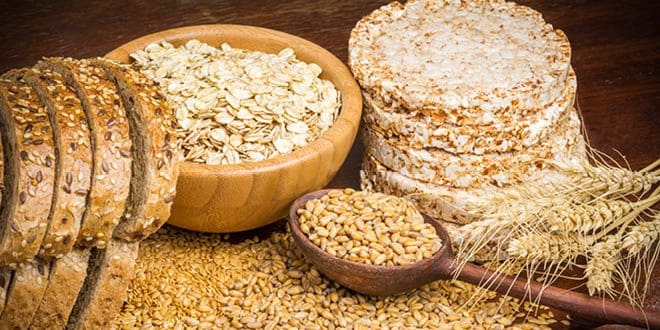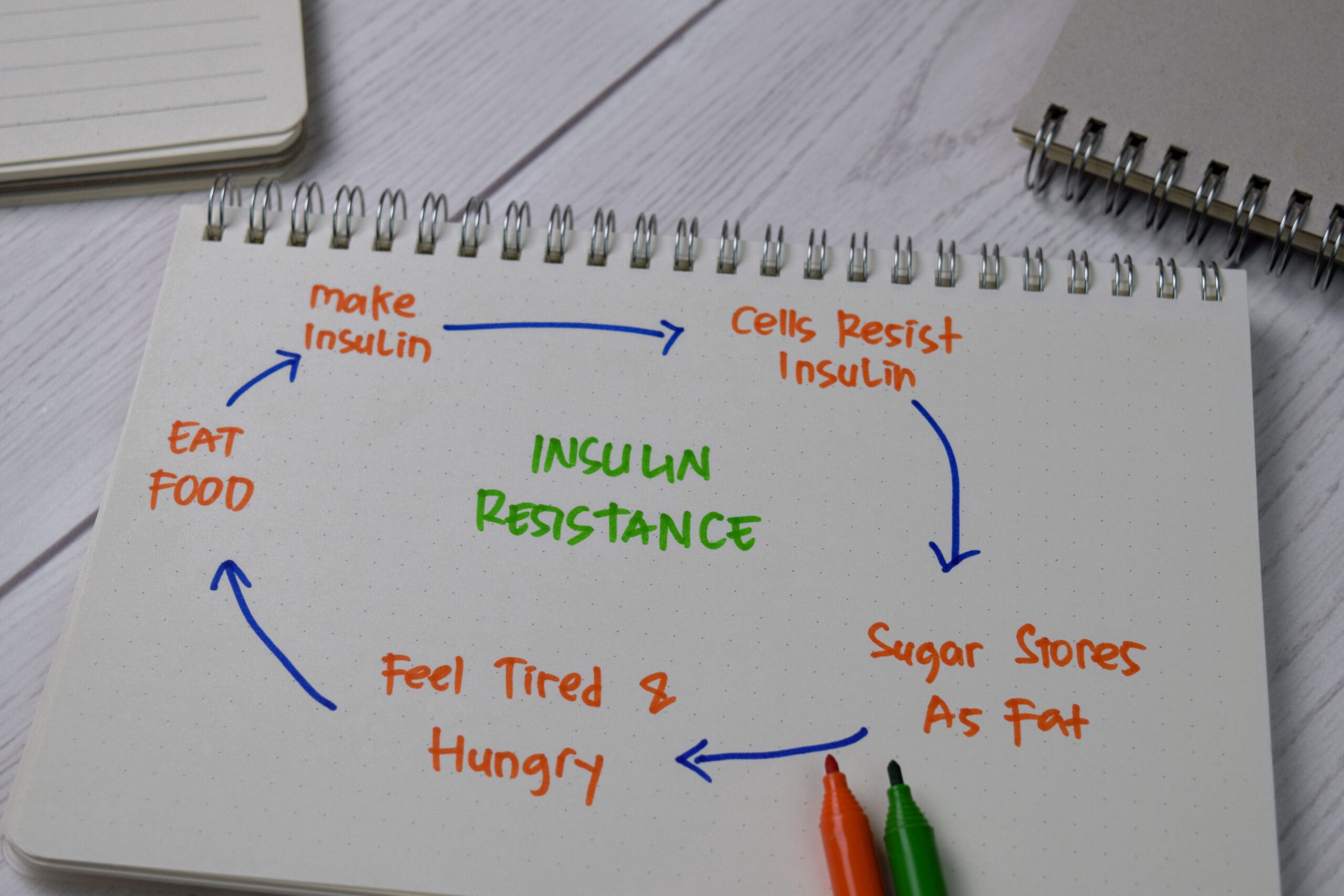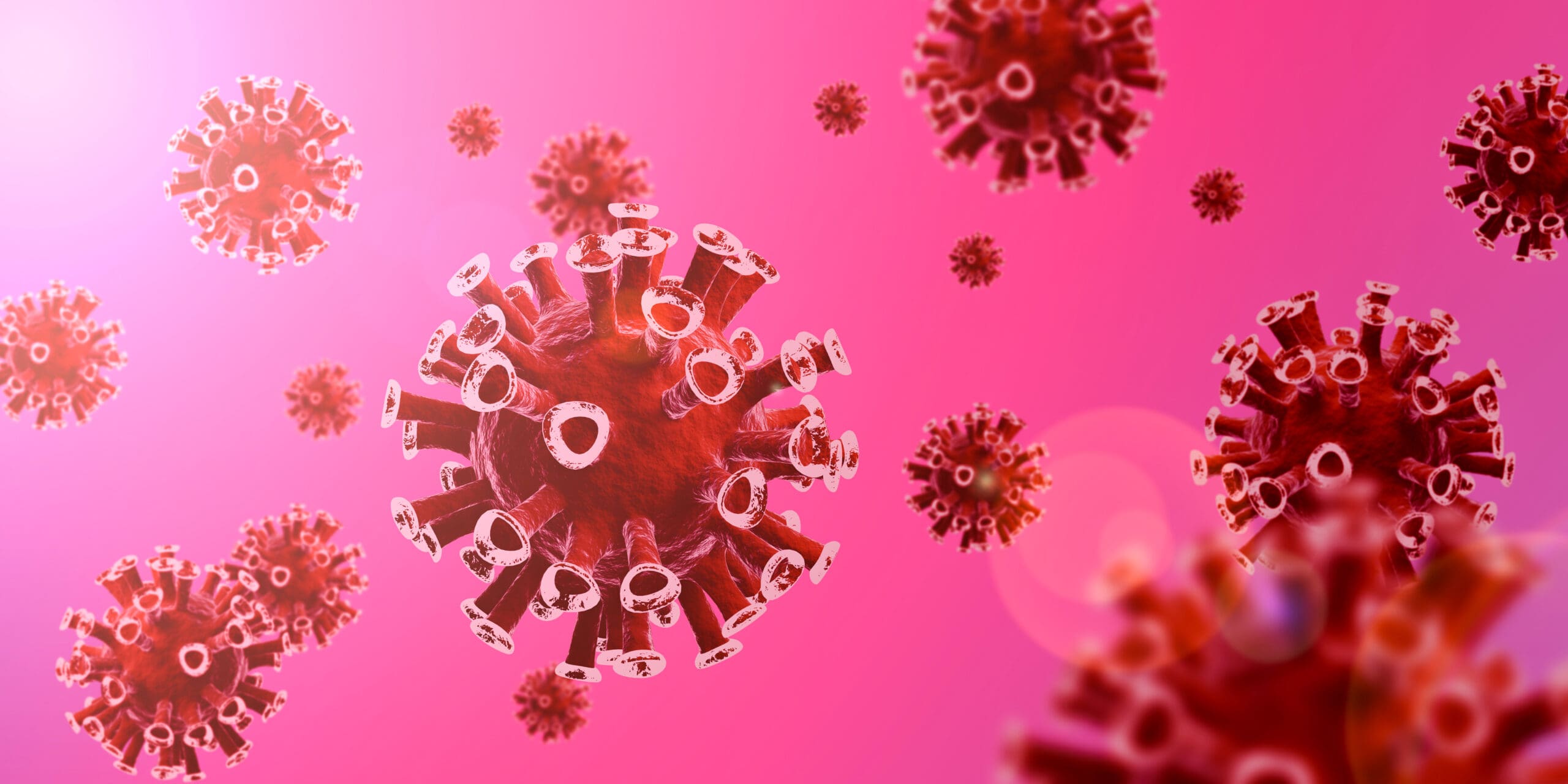Your entire life, you’ve probably been told that grains are good for you and should form a major part of your diet. You’ve been led to believe you need grains for their fibre content, plus vitamins and minerals. Unfortunately, grains have the potential to cause harm to the digestive tract and immune system of some people. Specifically, they can cause or aggravate a leaky gut.
Grains are a very recent introduction into the human diet, and some people seem poorly adapted to consuming them. Our ancestors survived very well without them. If you think of traditional diets in many parts of the world, grains did not form a significant component. For example, the traditional Aboriginal diet, Inuit diet and Polynesian diet did not feature grains. Of course, humans would eat whatever they could find, and if grains were the only foods available at a point in time, they would have been eaten. However, vegetables, animal protein, fruits and nuts are far more nutrient dense than grains.
If you have an autoimmune disease, grains are not your friend
Grain free diets have gained popularity in recent years. For instance, the paleo diet is a grain free diet, and also popular low carb, high fat diets exclude grains. These diets are often labelled as fad diets in the media. For people with autoimmune disease they are not a fad; staying away from grains can enable significant health improvements. Fortunately you won’t miss out on anything by excluding grains from your diet.
Every nutrient found in grains can be easily obtained from other foods
The nutrients that are present in grains are usually difficult to absorb because of certain substances referred to as “anti-nutrients”. They are enzyme inhibitors and lectins that reduce your ability to digest and absorb the vitamins and minerals in grains. There is an excellent research paper published by Professor Loren Cordain of the Department of Exercise and Sport Science, Colorado State University, Fort Collins, Colo., USA titled “Cereal Grains: Humanity’s Double Edged Sword”. It is available to read for free in its entirety on the internet if you’d like more information about the potentially harmful health effects of grains.
Grains that contain gluten are the biggest problem for people with autoimmune disease, but other grains contain substances that can irritate the gut lining too. Therefore we recommend you avoid all gluten and also avoid gluten free grains, such as corn and rice. While trying to reverse an autoimmune disease, we also recommend you avoid grain-like foods such as quinoa and amaranth. Most people can eat those foods later on, once their health improves.
Grains are especially high in a type of protein called lectins. Lectins are present in most foods, but the types of lectins found in grains can be harmful to the intestines. The two worst lectins are prolamins (gluten is an example) and agglutinins (such as wheat germ agglutinin). Prolamins are very difficult for the human body to digest. Gluten is comprised of gliadins and glutenins. The human body actually cannot digest gluten. We don’t make the enzymes necessary for breaking it apart. This is a problem because it means gluten can cross the intestinal lining intact, or partially digested. Gluten can also promote the overgrowth of harmful gut microbes, creating dysbiosis.
Lectins are a way plants protect themselves from attack by pests or predators. In nature, every living thing is just trying to survive. Because plants can’t run away from a predator, they increase their chances of survival by producing toxins. The toxins are usually most concentrated in the seed of the grain, which is the part that people eat. Gluten is a lectin rich in the amino acid proline.
Lectins can either damage and kill the cells that line your intestines (called enterocytes) or cause spaces to open up between your intestinal cells. The resultant little holes in your intestines allow wastes and toxins to leak into your bloodstream; then you’ll have a leaky gut. Recent research is showing that gluten seems to trigger the release of zonulin in people with autoimmune disease.
Zonulin causes the gap junctions between intestinal cells to open up, creating a leaky gut. This was once thought to only apply to people with coeliac disease, but research is uncovering the phenomenon in more and more autoimmune and inflammatory conditions.
If you want to heal a leaky gut, you’ll have to stop eating all gluten and all wheat
Wheat germ agglutinin is present in the entire wheat plant, including wheat grass, so its essential to avoid that too. Gluten free grains also contain lectins, therefore you will not be able to eat gluten free bread, pasta or other gluten substitutes at the moment, if you want to reverse autoimmune disease.
Coeliac disease is a serious autoimmune disease where the ingestion of gluten causes destruction to the lining of the small intestine. Every last trace of gluten must be removed from the diet in order to allow the intestines to heal. We would like to make it clear to you that you need to avoid eating gluten if you wish to heal autoimmune disease, even if you don’t have coeliac disease, gluten intolerance or wheat allergy.
Gluten increases intestinal permeability in coeliacs and non-coeliacs by triggering the production of the protein called zonulin.
Zonulin opens the tight junctions between endothelial cells in the gut. That means it creates spaces between gut cells, which allow gut toxins into the bloodstream. People with autoimmune disease, and people with inflammatory diseases have been found to produce high levels of zonulin in response to gluten ingestion. Gluten can also damage intestinal cells while getting absorbed into them, leading to their death.
What is gluten?
Gluten is a protein found in some grains, including wheat, rye, barley, triticale, spelt and kamut. Oats don’t contain gluten; they contain a protein called avenin. It’s extremely similar to gluten though, and most people with gluten sensitivity react to it in the same destructive way as to gluten.
Gluten is a gluey substance; it gives dough its elasticity and enables bread to become light and fluffy. If you’ve ever made your own bread or pizza dough, you’ll know how stretchy the dough becomes. That’s courtesy of gluten. If you tried the same recipe with rice flour you’d have a disaster.
Speaking of rice, you may have noticed glutenous rice for sale at the supermarket. There is no gluten in rice; this term just describes the sticky nature of the rice. Although rice is gluten free, it needs to be avoided during the eating plan in our book, “Healing Autoimmune Disease” because it is capable of causing intestinal inflammation in some people with autoimmune disease. You will probably be able to eat rice once you have reached a state of health you are happy with.
Wheat fibre can cause vitamin D deficiency
The fibre in wheat can reduce the ability of your body to absorb vitamin D from supplements, and can leave you vitamin D deficient despite plentiful sun exposure.
Epidemiological studies conducted in the 1980s found that vitamin D deficiency and rickets were more prevalent in people who ate a lot of wholegrain bread, compared to those that didn’t. Therefore researchers decided to conduct a study comparing blood vitamin D levels of individuals who ate a normal diet, to those who supplemented their diet with 60 grams of wheat bran each day.
After 30 days, those eating wheat bran had significantly lower blood vitamin D levels. The researchers believe that wheat bran reduces enterohepatic circulation of vitamin D (i.e. recycling of vitamin D between the gut and liver). Wheat bran also increases vitamin D elimination via the stool39.
The insoluble fibre in wheat, and probably other grains as well, impairs the absorption of fat soluble vitamins such as vitamin D. Another good reason to avoid grains.
Interesting, isn’t it? Get your copy of Dr Sandra Cabot and Naturopath Margaret Jasinska’s book, “Healing Autoimmune Disease” and find out more!









Leave A Comment